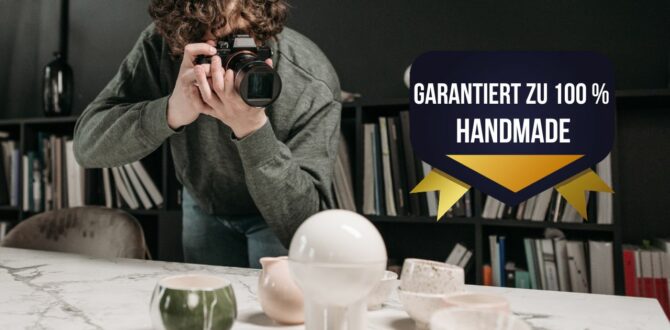What Founders Should Definitely Know
Finally, it's here – your brilliant business idea! Whether you want to invent new toys, develop the perfect bike bag or medical products, produce unique jewelry or valuable food items, or establish a regional online sales platform, you're ready to go! But before your product hits the market, it's crucial to familiarize yourself with the legal framework. This includes, depending on the product, specific regulations to consider, such as food law, DIN standards, or TÜV requirements.
Equally important are general legal provisions regarding liability, warranty, or guarantee, as non-compliance can lead to significant financial consequences.
My hand for my product? – Product Liability
Firstly, there's product liability, regulated by the Product Liability Act (ProdHaftG). End users should be compensated for damages caused by a defective product. Liability cannot be contractually excluded in any case. It applies even if the danger of the product was not apparent to the manufacturer at the time of market entry or if the manufacturer is not at fault for the damage.
The Product Liability Act defines what constitutes a product defect.
Important for sellers and their suppliers: If the manufacturers of a product cannot be identified, the suppliers are considered the manufacturers. This is especially relevant for imported products!
Claims under the Product Liability Act expire three years after the injured party becomes aware of the product defect, damage, and the liable party or should have become aware. If product liability applies, buyers can assert a claim for damages against the manufacturer unless the latter can prove that the product was not defective at the time of market entry. The liability for a defective product under the Product Liability Act expires completely if ten years have passed since the product was placed on the market, and no compensation claims have been made.
My Own Fault? – Producer Liability
Producer liability (see § 823 BGB) refers to the liability of the manufacturer for design, manufacturing, instruction, and product observation errors. Unlike in product liability, the manufacturer's fault must be proven. Possible errors include manufacturing defects, such as irregularities in the production of individual products, instruction errors or lack of warnings or instructions leading to harm to body, life, health, or property. Neglecting product observation duties can also result in liability. The limitation period for damages arising from producer liability is regulated in the Civil Code (BGB, Section V).
Note: Product liability and producer liability can be claimed simultaneously.
Warranty or Guarantee?
If you sell your products yourself or make a living from distributing another manufacturer's products, you are also subject to warranty law. This is regulated in the BGB (§§ 434 to 442 and §§ 475 to 478) and through European directives. According to this law, buyers have the right to have a defect that existed at the time of purchase rectified. They do not have the right to return the product (although a company can voluntarily agree to this with its customers). Only if rectifying a defect is not possible, a contract reversal or a reduction in the purchase price is an option.
A manufacturer's guarantee, on the other hand, is neither a right for one party nor an obligation for the other. It is provided and structured individually. If your company wants to offer a guarantee (BGB, § 443) – whether for its own products or when distributing third-party products – you should carefully consider the scope and duration of the guarantee.
Important!
Customers can choose whom to hold accountable in case of damage: warranty, offered guarantee, or product/producer liability. If you have questions or are uncertain about these complex issues, seek advice. Member companies can find guidance from the relevant chambers of industry and commerce or trade chambers (overview of chambers in MV on the MV Investor Portal) as well as from respective professional associations or specialized lawyers.
Tip
In addition to these liability and warranty claims, it is advisable to also be attentive to possible infringement of third-party rights in the manufacturing of your own product. Trademark protection, license, and copyright issues can quickly become expensive. For example, the use of someone else's photo material, such as for a flyer or on the website without permission, is not allowed.
Detailed information on the topic can also be found on the Federal Ministry of Justice's website "Warranty and Guarantee (Gewährleistung und Garantie)."



